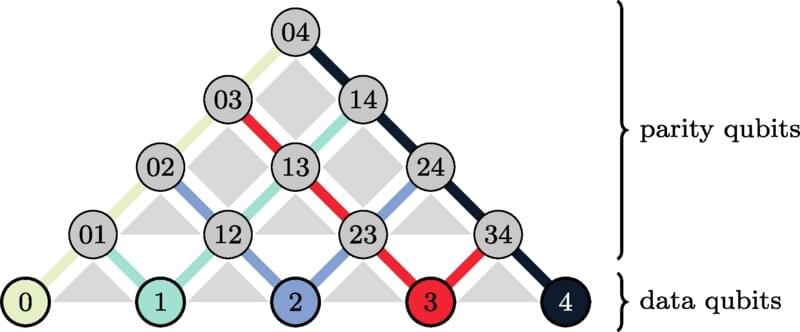The computing power of quantum machines is currently still very low. Increasing performance is a major challenge. Physicists at the University of Innsbruck, Austria, now present a new architecture for a universal quantum computer that overcomes such limitations and could be the basis of the next generation of quantum computers soon.
Quantum bits (qubits) in a quantum computer serve as a computing unit and memory at the same time. Because quantum information cannot be copied, it cannot be stored in memory as in a classical computer. Due to this limitation, all qubits in a quantum computer must be able to interact with each other.
This is currently still a major challenge for building powerful quantum computers. In 2015, theoretical physicist Wolfgang Lechner, together with Philipp Hauke and Peter Zoller, addressed this difficulty and proposed a new architecture for a quantum computer, now named LHZ architecture after the authors.
